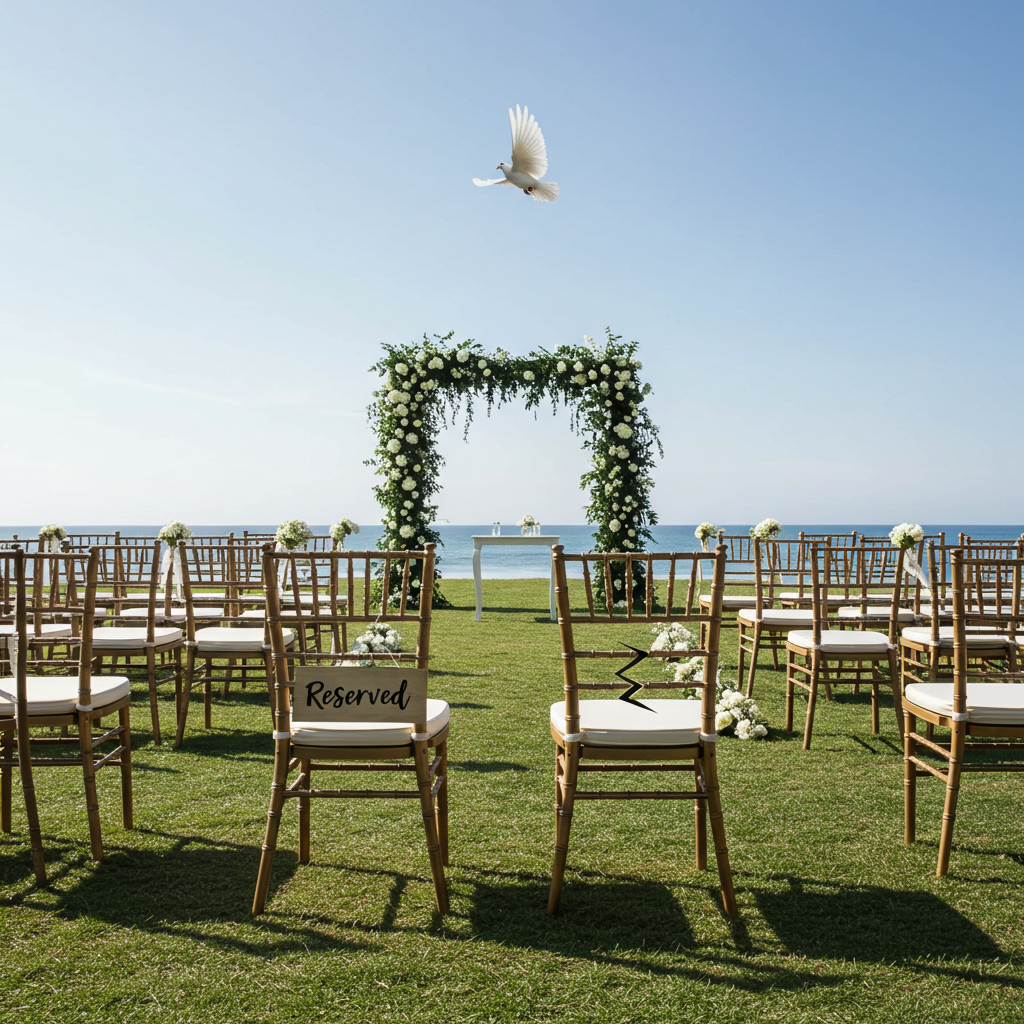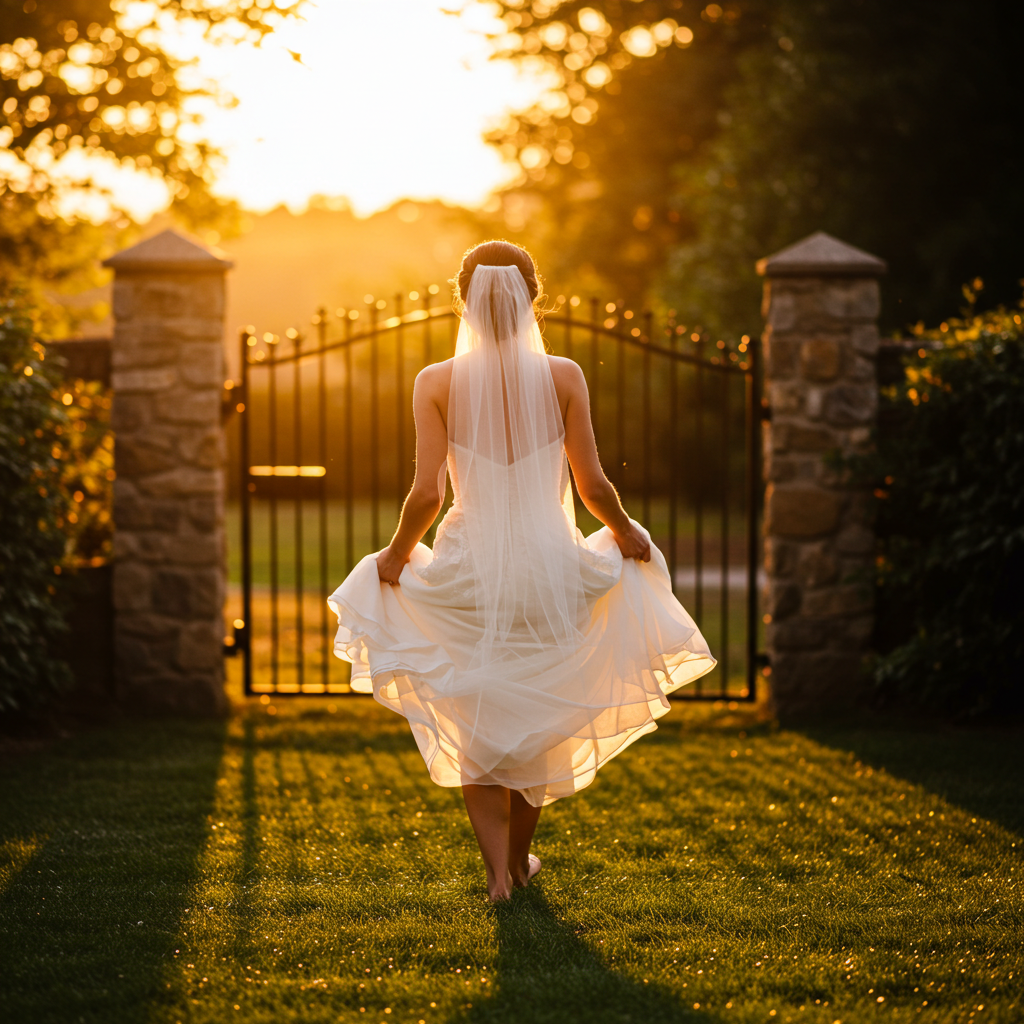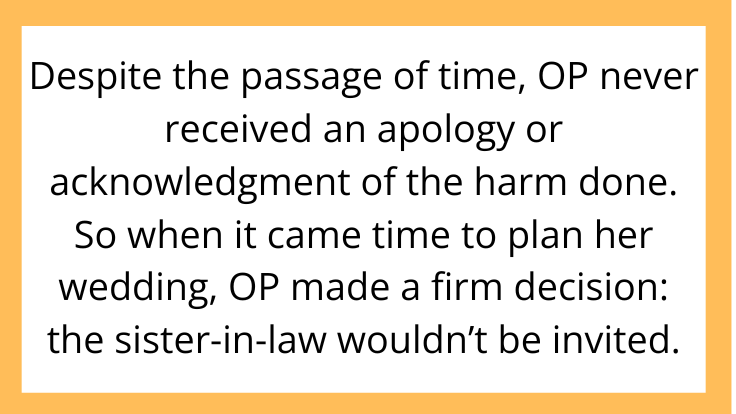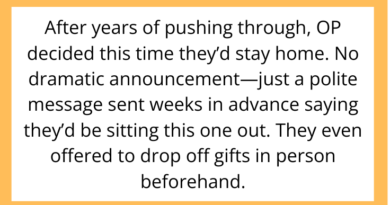AITAH for Refusing to Invite My Brother’s Wife to My Wedding Because She Bullied Me in High School?
Weddings are supposed to be a celebration of love and unity—but sometimes, the guest list can dredge up old wounds that never fully healed. That’s exactly what happened in a viral r/AITAH post where the bride-to-be asked: Was I wrong for not inviting my sister-in-law to my wedding because of how she treated me as a teenager?
Let’s dive into the complexities of family, forgiveness, and personal boundaries when past trauma collides with present obligations.
The Scenario: From High School Bully to Sister-in-Law

The original poster (OP) shared that growing up, she was relentlessly bullied by her brother’s now-wife. From mocking her appearance to spreading rumors, the sister-in-law made high school miserable. Fast forward a decade, and now she’s married to OP’s older brother.
Despite the passage of time, OP never received an apology or acknowledgment of the harm done. So when it came time to plan her wedding, OP made a firm decision: the sister-in-law wouldn’t be invited.
The family reaction? Explosive.
Her brother called her immature. Her parents said she needed to “let it go.” Some relatives accused her of “creating drama” and putting the past before family unity.
OP wondered: was she protecting her peace or just holding a grudge?
Why Forgiveness Isn’t Always Linear

Forgiveness is often portrayed as a moral high ground—but in reality, it’s a deeply personal process. For many, especially those with unresolved trauma, time alone doesn’t heal all wounds. Especially when:
-
There’s been no accountability.
-
The person continues to ignore the harm they caused.
-
Family minimizes or dismisses your pain.
Choosing not to include someone in your most sacred, personal moments isn’t necessarily about vengeance. Sometimes, it’s about self-preservation.
Family Pressure vs. Personal Boundaries
OP’s story reveals a common struggle: families often prioritize “keeping the peace” over validating individual experiences. But peace shouldn’t come at the cost of emotional safety.
Here are some common pressures OP—and many others—face:
-
“It’s been years—get over it.”
-
“She’s part of the family now.”
-
“Don’t ruin your own wedding over something petty.”
These statements ignore the core issue: OP doesn’t feel safe or respected. And that matters—especially on your wedding day.
Can You Have a Drama-Free Wedding Without Inviting Everyone?

Absolutely. Your wedding guest list isn’t a public guestbook—it’s a deeply personal reflection of who makes you feel loved, supported, and celebrated. That means you’re allowed to:
-
Not invite people who traumatized you.
-
Say no to family guilt.
-
Make space only for those who honor your boundaries.
In fact, many therapists and trauma experts support creating safe spaces, especially during emotionally significant milestones.
What Reddit Had to Say

This AITAH post drew thousands of comments. The majority sided with OP, saying she had every right to draw the line. Many shared their own experiences of being forced to “make nice” with toxic people during weddings and regretting it later.
Some commenters did offer a more middle-ground view: consider a brief conversation with the sister-in-law, if only to see if she’d acknowledge the past. But most agreed that the bride’s comfort on her wedding day should come first.
Final Thoughts: Protecting Your Peace Isn’t Petty

You don’t owe anyone access to your joy—especially those who contributed to your pain.
Your wedding isn’t a platform for reconciliation. It’s a moment for you and your partner to feel surrounded by love, not emotional landmines. If someone has never taken responsibility for past harm, they don’t automatically get a seat at your most sacred table.
So, was OP the a**hole? Most signs point to no. She was honest about her boundaries and protected her peace—even if it ruffled feathers.



